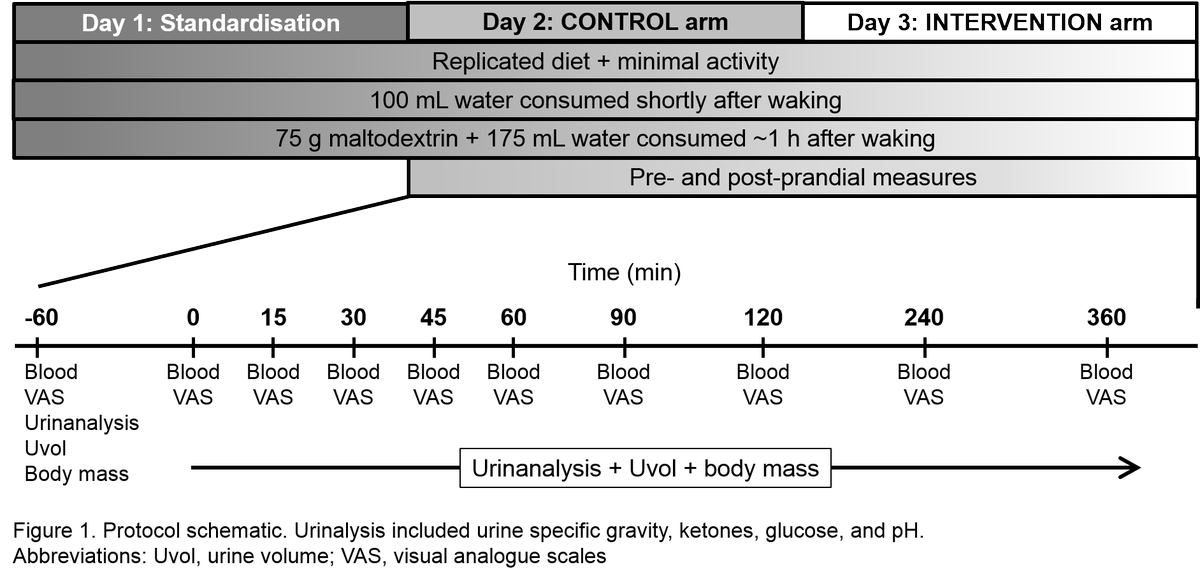
Harriet Carroll has only gone and written a book
7 Dec,
10 tweets, 6 min read
during my #PhD, i conducted a side project investigating what the barriers are towards making changes to the #academicpublishing system to reduce publication #bias
journals.plos.org/plosone/articl…
this showed me a rather dark side to #academia... 1/8
#AcademicTwitter #phdlife
journals.plos.org/plosone/articl…
this showed me a rather dark side to #academia... 1/8
#AcademicTwitter #phdlife
i got about 50:50 praise and hate for this. weirdly enough, the praise and hate were often about the same thing: the (early) stage of my career.
praise: "it's great you're so keen and have grasped key issues and taken action so early..." 2/8
praise: "it's great you're so keen and have grasped key issues and taken action so early..." 2/8
hate: "you're too early in your career and naïve to understand these issues. you shouldn't be researching this"
more worryingly, whilst i did get a lot of this feedback in person/by email, some of it was BEHIND MY BACK to my colleagues 3/8
more worryingly, whilst i did get a lot of this feedback in person/by email, some of it was BEHIND MY BACK to my colleagues 3/8
ofc, my naivety WAS true & was in some ways a valid critique. but they never actually critiqued the research, so it wasnt helpful feedback
speculatively: id guess i had actually read more research about publication bias than most of these academics 4/8
speculatively: id guess i had actually read more research about publication bias than most of these academics 4/8
naivety can also be a good thing: at that stage of my career i hadn't hypernormalised the perverse structures that uphold academic publishing. so i was seeing the problem with fresh eyes 5/8
this is a microcosm of a wider #academic problem: (senior) academics often don't like #ECRs with big ideas. ESPECIALLY if they are #women (and i imagine also other marginalised identities) 6/8
#WomenInSTEM #BlackintheIvory
#WomenInSTEM #BlackintheIvory
i really appreciated the actual critical feedback though, some people highlighted some really useful pitfalls of the work, but they did it with respect and could still see the merit of the work, and understood that some limitations were unavoidable. 7/8
we should to better at encouraging critical and blue sky thinking in a non-discriminatory way.
if we don't, we are actively blocking innovation, creativity, and ultimately knowledge production.
we can do better 8/8
#AcademicChatter #openscience
if we don't, we are actively blocking innovation, creativity, and ultimately knowledge production.
we can do better 8/8
#AcademicChatter #openscience
BONUS TWEET / shameless self-promotion:
problems with #academicpublishing:
an alternative idea on #academic publishing:
problems with #academicpublishing:
https://twitter.com/angryhacademic/status/1281274843263008768
an alternative idea on #academic publishing:
https://twitter.com/angryhacademic/status/1304463648354693122
post-script: the idea of "you're too naïve" doesn't really hold up scientifically either. we all have to start somewhere; how are we meant to become not-naïve if we aren't allowed to #research anything we are naïve to?
• • •
Missing some Tweet in this thread? You can try to
force a refresh





